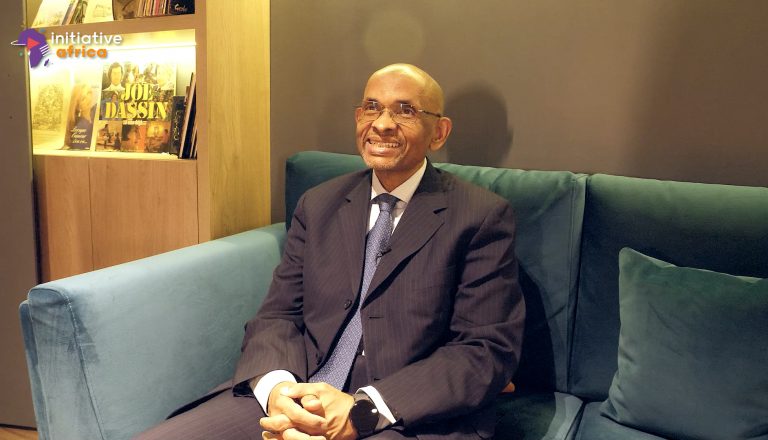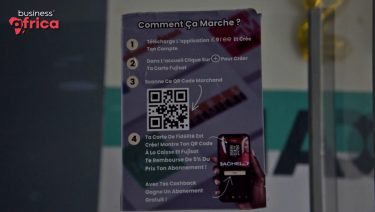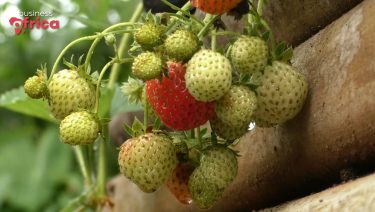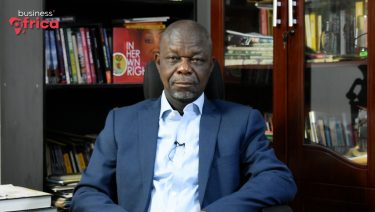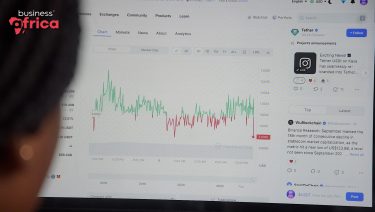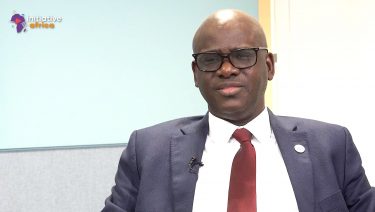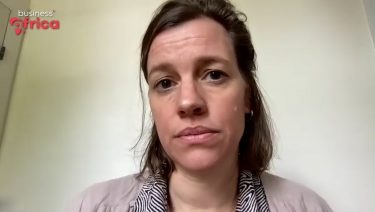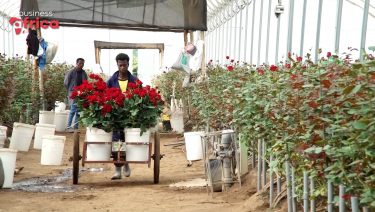Koree, the solution to the shortage of coins in Central Africa
The Koree application was created by a young Cameroonian entrepreneur to enable consumers to retrieve their change on their mobile phone. The app offers a solution to the coin shortage that has been affecting Central Africa for some time now.
